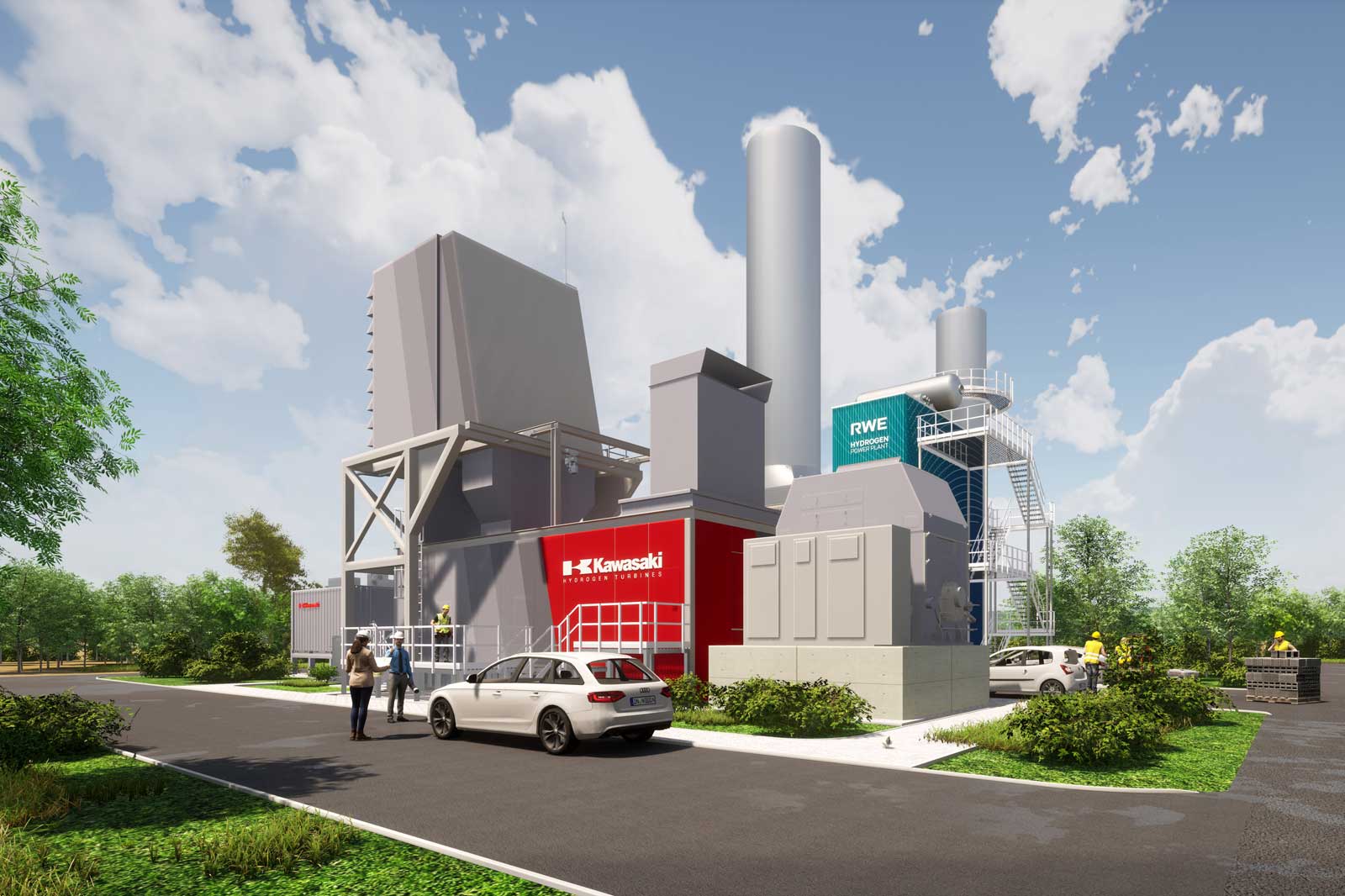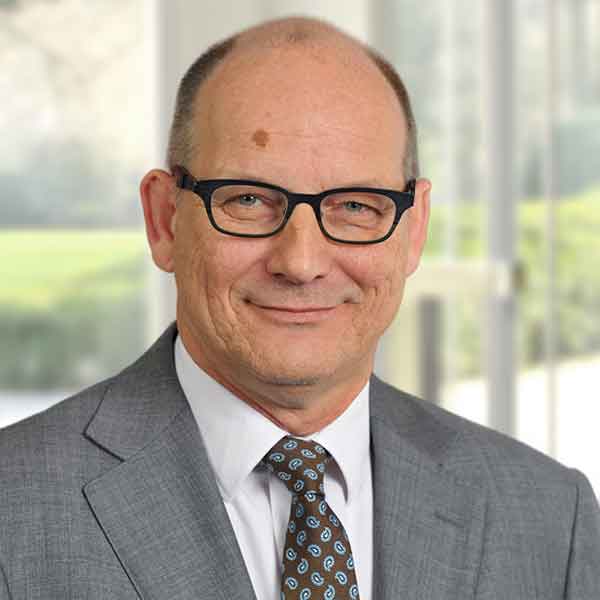RWE and ARC marine celebrate milestone success in promoting marine biodiversity with eco-engineered scour protection at Rampion Offshore Wind Farm
08.07.2025


As part of its "Growing Green" strategy, RWE announced in November that it would add at least 2 gigawatts (GW) of gas-fired power plant capacity to support the energy transition with flexible power. These new plants will be provided with a clear decarbonisation pathway. For existing plants, RWE is developing a roadmap to convert them ready for clean operations.
Now comes the next step: together with Kawasaki Heavy Industries (Kawasaki), one of the world's leading turbine manufacturers, RWE Generation SE (RWE) is planning to build a hydrogen-powered gas turbine in Lingen, Germany. It shall be used to test the conversion of hydrogen back into electricity at RWE's Emsland gas-fired power plant. The project is one of the first worldwide to use a gas turbine to convert 100% hydrogen into electricity on an industrial scale. The plant, with an output of 34 megawatts (MW), could become operational in mid-2024.
Kawasaki's gas turbine provides maximum fuel flexibility: it can operate with 100% hydrogen, 100% natural gas and with any combination of both. This is indispensable because the amount of green gas available for reconversion will fluctuate frequently during the ramp-up of the hydrogen economy before continuous operation with it will be possible.
During the pilot project, the turbine is planned to be tested across varying operating load ranges, between 30% and 100%. This corresponds to typical load curves of gas turbines that can be expected in a power grid with an increasing share of renewable energies, which are subject to fluctuations due to weather conditions.
In the course of the project, it is planned to use two combustion systems developed by Kawasaki. Both have already been tested in 1 MW variants in a demonstration project in Kobe, Japan. In Lingen, these technology principles would be scaled up to industrial scale for the first time.
When it comes to the future topic of hydrogen, RWE has all the options under one roof: from green electricity production and the know-how to produce and store green hydrogen, to energy trading, which can provide the fuel to industrial customers as needed. RWE is already active in over 30 hydrogen projects with strong partners.
The Lingen site plays a key role in RWE's hydrogen strategy: as part of the GET H2 project, the company plans to build the first 100 MW electrolysis plant there by 2024, which will produce green hydrogen using offshore wind power from the North Sea. The capacity of this plant is to be expanded to 300 MW by 2026 and to 2 GW by 2030. The aim of the GET H2 project is to work with national and European partners to create the critical mass needed to kick-start the development of a supra-regional European hydrogen infrastructure and develop a strong European hydrogen market.